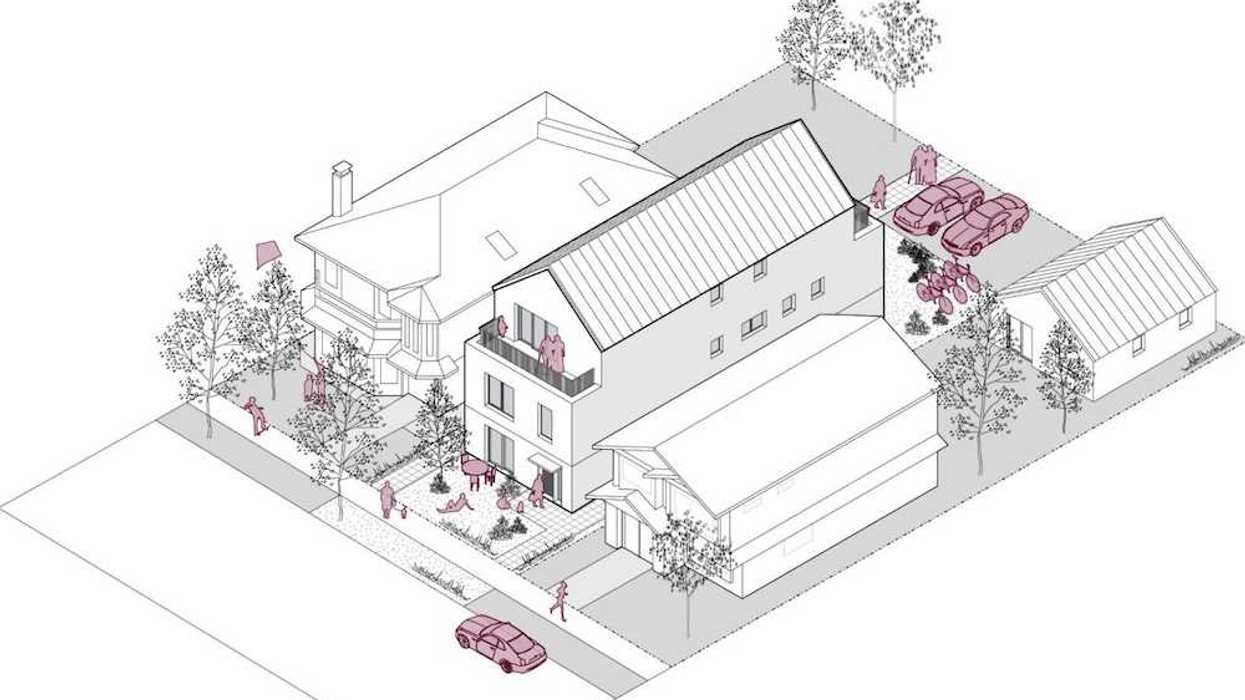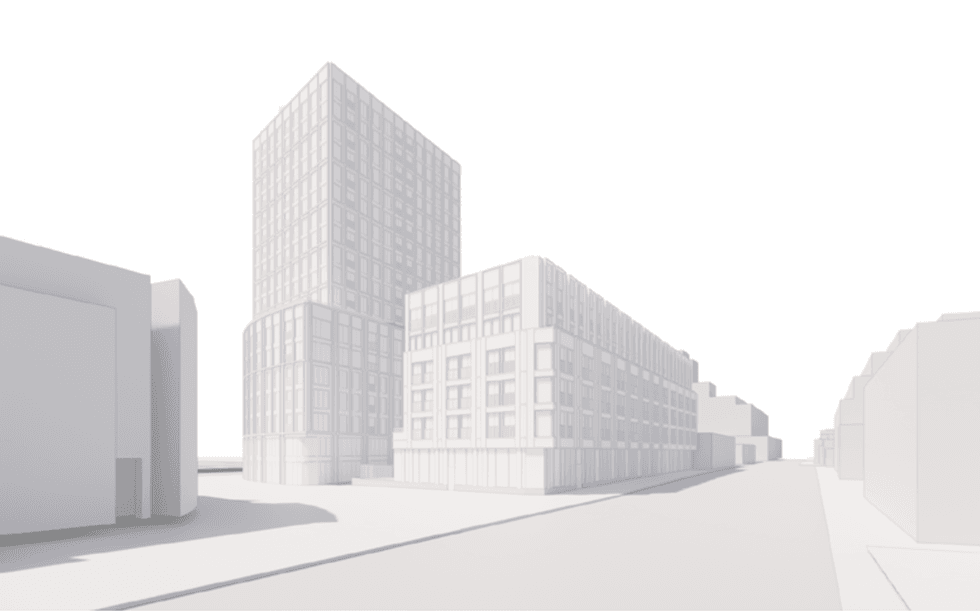Property Assessment
Learn how property assessments work in Canada, how they impact your property taxes, and how to appeal if you believe your assessed value is too high.

May 22, 2025
What is a Property Assessment?
Property assessment is the process by which a municipal or provincial authority determines the market value of a property for taxation purposes.
Why Does a Property Assessment Matter in Real Estate
In Canada, property assessments are conducted by provincial agencies (such as MPAC in Ontario or BC Assessment in British Columbia) or local municipalities. The assessed value is used to calculate annual property taxes.
Assessments are typically based on:
- Comparable property sales
- Property type and size
- Location and neighbourhood trends
- Renovations or structural changes
These assessments are updated regularly, often every 1–4 years. Homeowners receive a notice showing their property's assessed value and have the right to challenge it if they believe it's inaccurate.
Understanding your assessment is important because:
- It directly affects your property tax bill
- It may differ from market value
- Errors or overvaluations can be appealed
Accurate property assessments help fund essential local services like schools, roads, and emergency services.
Example of a Property Assessment in Action
A homeowner in Vancouver receives a 2025 property assessment notice showing an assessed value of $1,150,000, which will be used to calculate their annual municipal property tax.
Key Takeaways
- Determines taxable value of your home.
- Conducted by local/provincial agencies.
- Based on market conditions and property features.
- Affects annual property tax bills.
- Can be appealed if inaccurate.
Related Terms
- Property Tax
- Assessed Value
- Market Value
- Municipal Tax
- Assessment Appeal





 Christine Boyle and Gregor Robertson. (Government of British Columbia)
Christine Boyle and Gregor Robertson. (Government of British Columbia)







 CREA
CREA
 Liam Gill is a lawyer and tech entrepreneur who consults with Torontonians looking to convert under-densified properties. (More Neighbours Toronto)
Liam Gill is a lawyer and tech entrepreneur who consults with Torontonians looking to convert under-densified properties. (More Neighbours Toronto)
 Eric Lombardi at an event for Build Toronto, which is the first municipal project of Build Canada. Lombardi became chair of Build Toronto in September 2025.
Eric Lombardi at an event for Build Toronto, which is the first municipal project of Build Canada. Lombardi became chair of Build Toronto in September 2025.
 A rendering of the “BC Fourplex 01” concept from the Housing Design Catalogue. (CMHC)
A rendering of the “BC Fourplex 01” concept from the Housing Design Catalogue. (CMHC)
 Rendering of 9 Shortt Street/CreateTO, Montgomery Sisam
Rendering of 9 Shortt Street/CreateTO, Montgomery Sisam Rendering of 1631 Queen Street/CreateTO, SVN Architects & Planners, Two Row Architect
Rendering of 1631 Queen Street/CreateTO, SVN Architects & Planners, Two Row Architect Rendering of 405 Sherbourne Street/Toronto Community Housing, Alison Brooks Architects, architectsAlliance
Rendering of 405 Sherbourne Street/Toronto Community Housing, Alison Brooks Architects, architectsAlliance